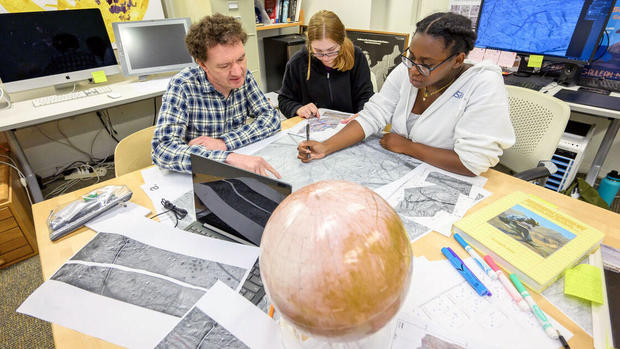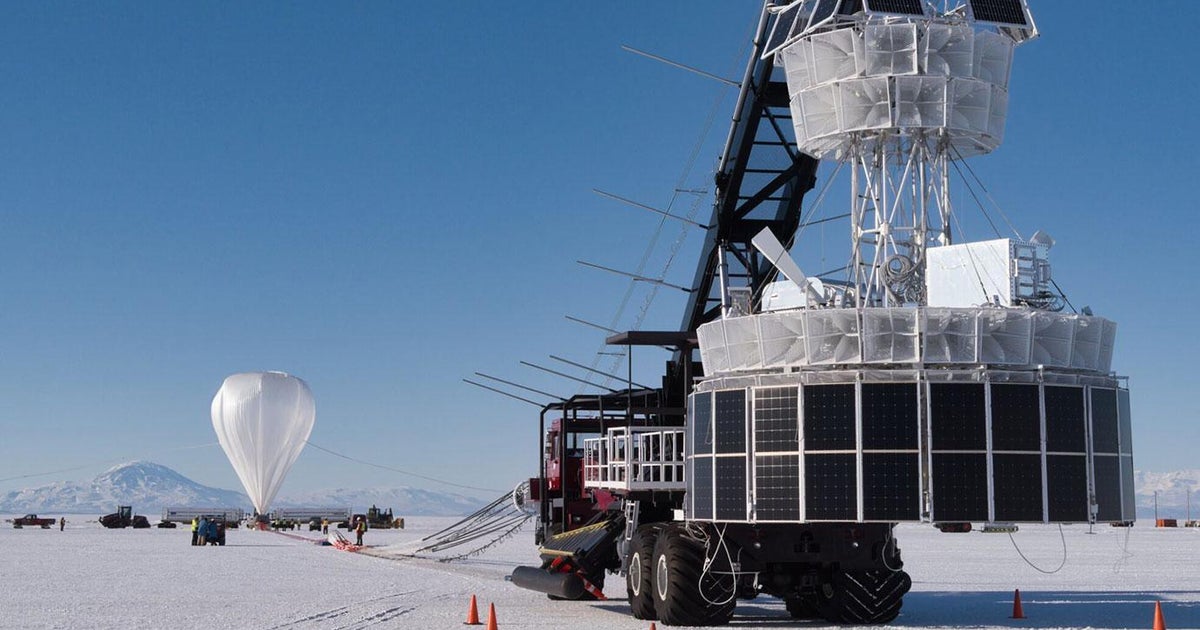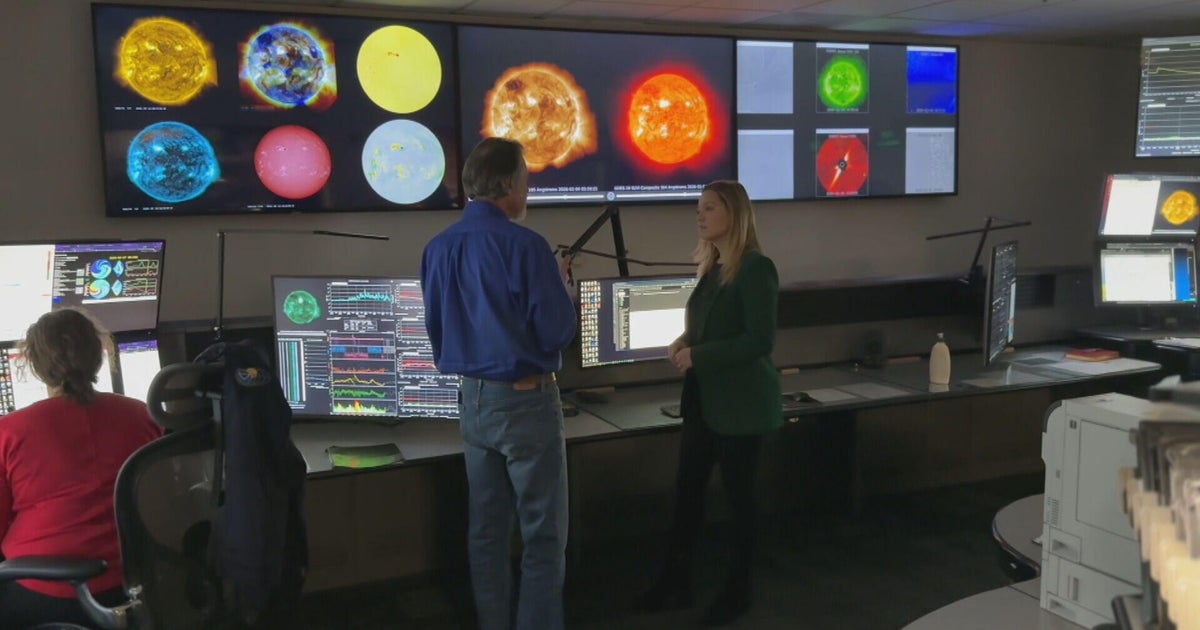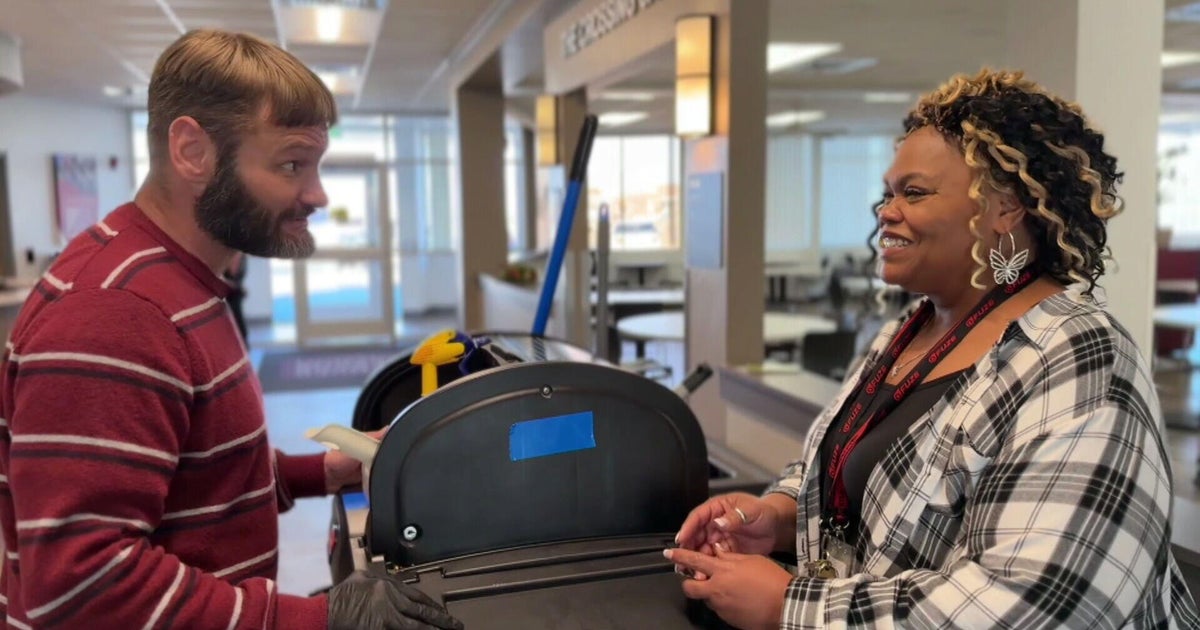Geology professor from Massachusetts has key role in NASA's Europa Clipper mission to Jupiter
NORTON - A Massachusetts geology professor is playing a key role in NASA's $5.2 billion Europa Clipper mission to Jupiter that blasted off on Monday.
The spacecraft launched by a SpaceX Falcon Heavy rocket from the Kennedy Space Center will take five-and-a-half years to fly 1.8 billion miles to Europa, where it will study the moon to determine if it has the necessary conditions to support life.
Europa Clipper mission to explore Jupiter moon's surface
Wheaton College professor Geoffrey Collins has been working on the mission for more than 10 years. The planetary geologist is part of the camera team that will give scientists a detailed look of the moon's surface. The state-of-the-art narrow and wide-angle cameras will be able to see car-sized objects on Europa's surface.
"It's incredibly exciting. We've been working on this for so long. You're so concerned that something could go wrong, but it went flawlessly," Collins said in an interview.
NASA says there is scientific evidence that Europa may have the ingredients for life right now. Europa is covered in ice, but previous studies have suggested there is a huge saltwater ocean beneath the surface.
"There are so many mysteries about what's happening on Europa. We think that it's the kind of place where life could live, but we don't know that for sure. And that's the real goal of our mission," Collins explained.
Collins also explained that the process of collecting data is a bit complicated. The spacecraft will be orbiting Jupiter, and flying past Europa around 49 times.
"Part of the reason for that is there is incredibly intense radiation right near the surface of Europa, trapped around Jupiter. That makes it very difficult to have a spacecraft stay near Europa for very long because the computer will get fried. Our mission is designed to spend a small amount of time near Europa taking data. It goes way out, far away from the deadly radiation belts, processes the data, sends it back to Earth, and then comes back in for another swoop," Collins elaborated.
He says that by 2031 they will have years of data to go through because the Europa Clipper swoops in every few weeks.
"Crown jewel of the ocean worlds"
"Life as we know it requires liquid water, and Europa is the crown jewel of the ocean worlds in our solar system," Collins said in a statement shared by Wheaton. "With an ocean larger than all of the Earth's oceans combined, in contact with a rocky seafloor, under a relatively thin layer of fresh and young-looking ice, Europa is covered with bizarre surface features that we don't understand."
Collins said 15 Wheaton students have been helping to figure out how plate tectonics work on Europa, which could play a part in making the moon's ocean suitable for life. He hopes the Europa Clipper will be a big step in the hunt for life in the universe.
"By the end of the mission we should know where the promising places are that we should investigate further in our search for life," Collins said.








